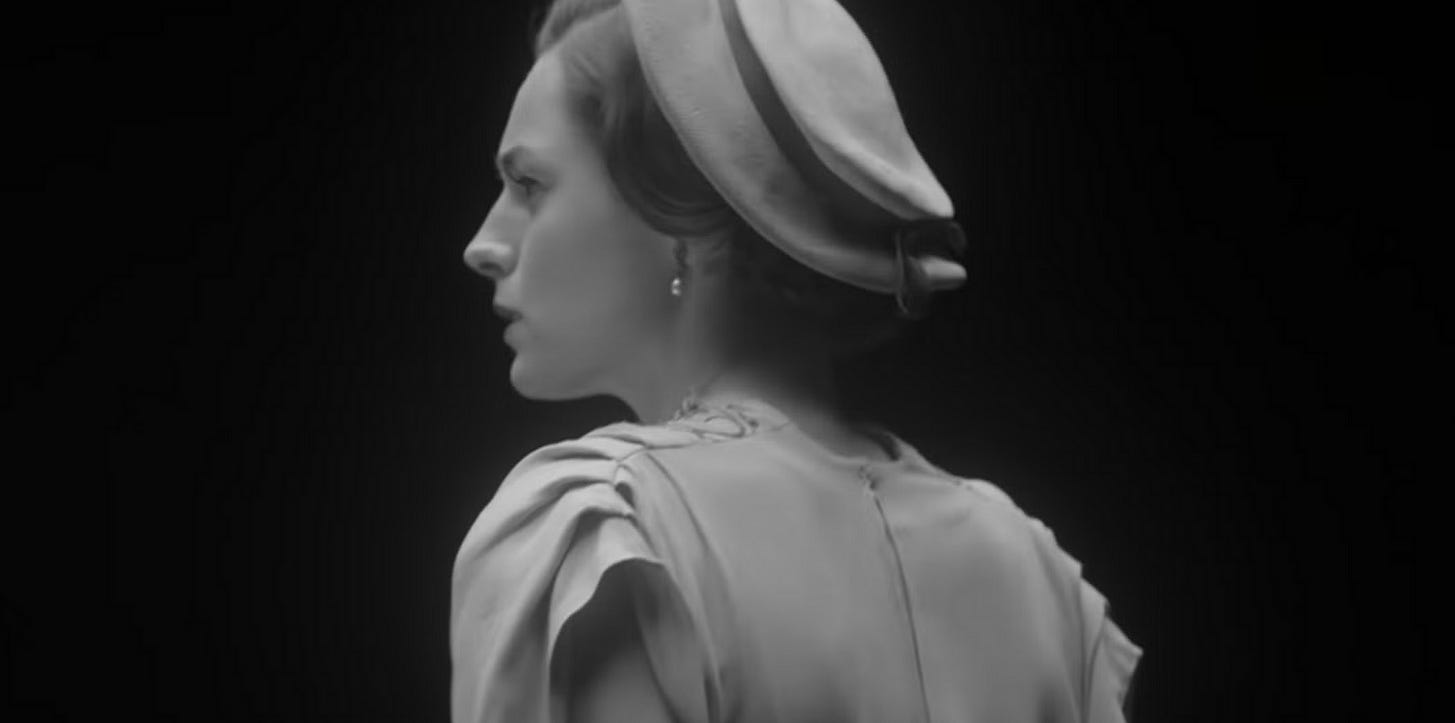‘Hotel Reverie’ Feels Like a Modern Take on ‘The Twilight Zone’
Black Mirror season 7 episode 3 proves a unique departure for the streaming powerhouse
This is a friendly reminder that there are options beneath this article to help support this not-quite-starving artist.
There’s an analogy that crops up again and again in discussions about Black Mirror: “It’s like a modern The Twilight Zone.” Even those uninitiated to the show have likely heard the words a few times. It’s not hard to see why the …
Keep reading with a 7-day free trial
Subscribe to The Gen Z Report to keep reading this post and get 7 days of free access to the full post archives.


